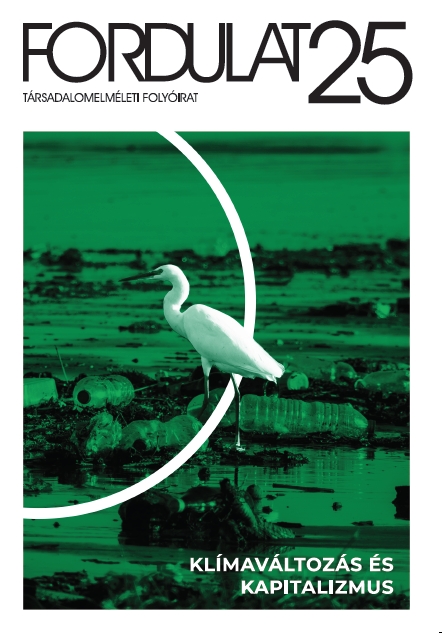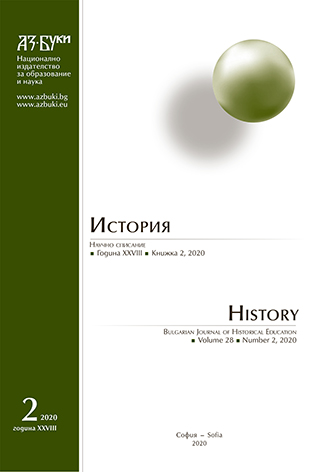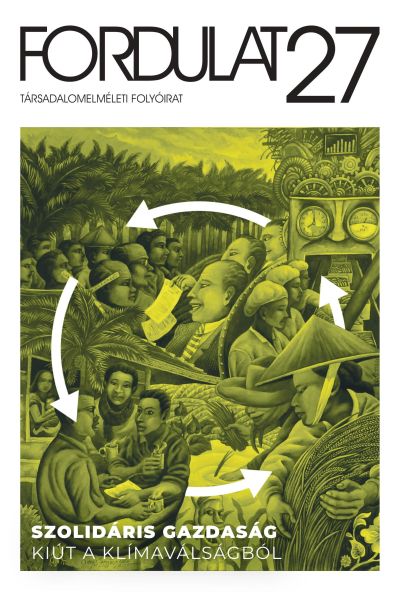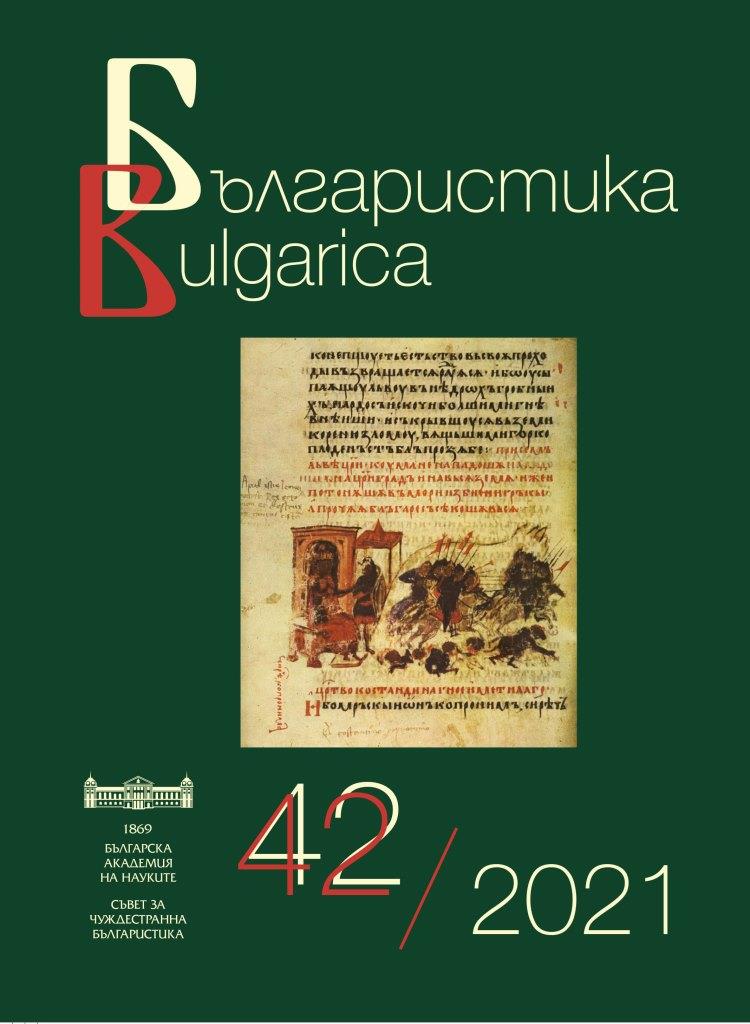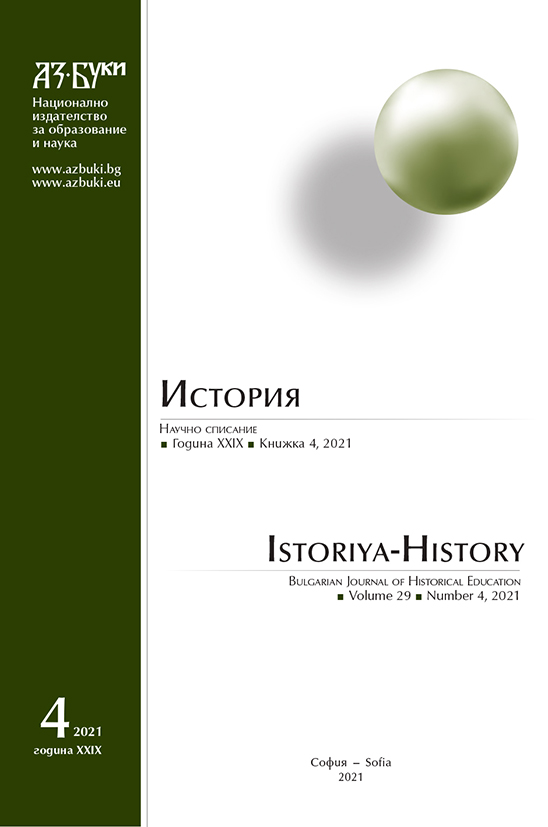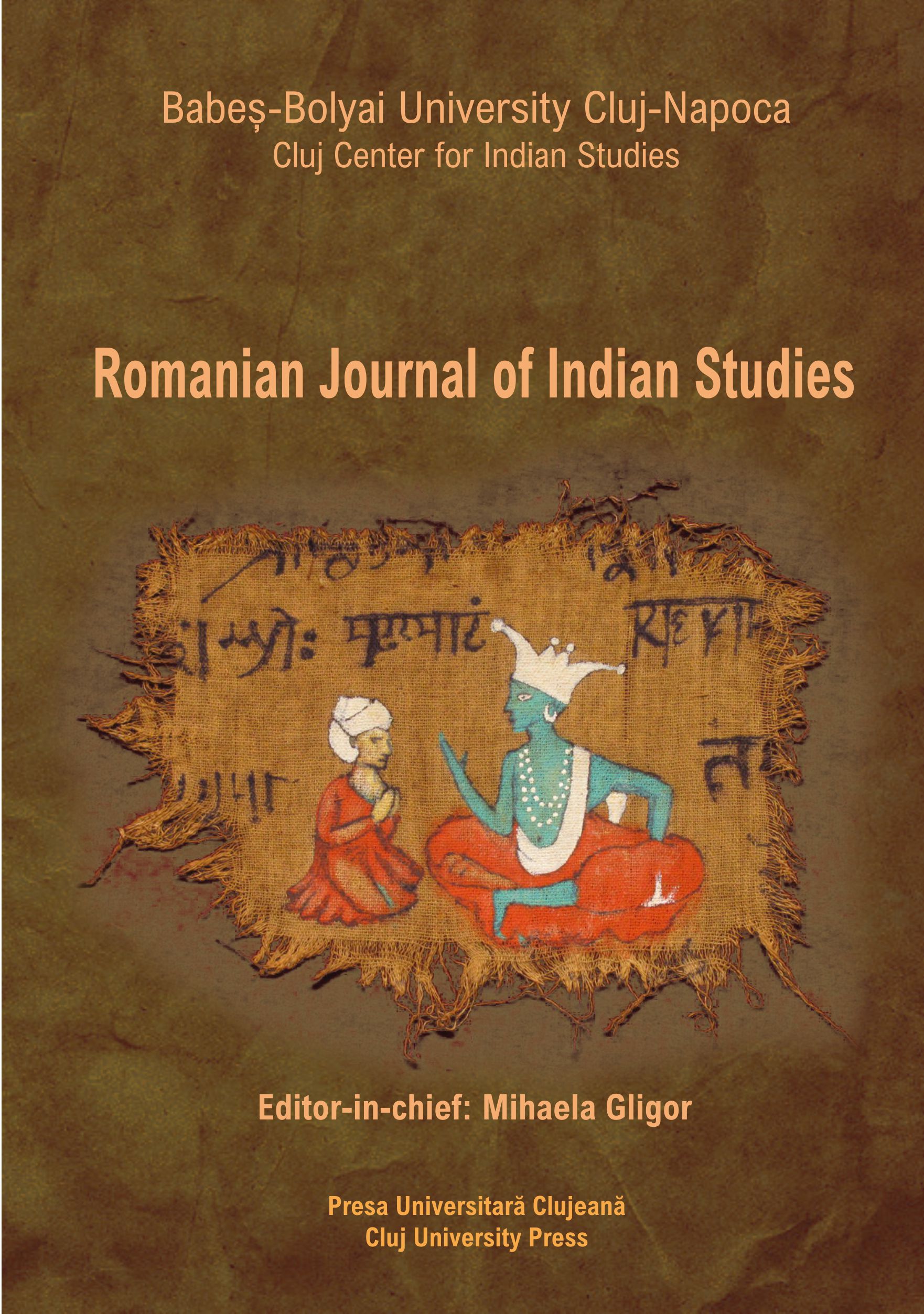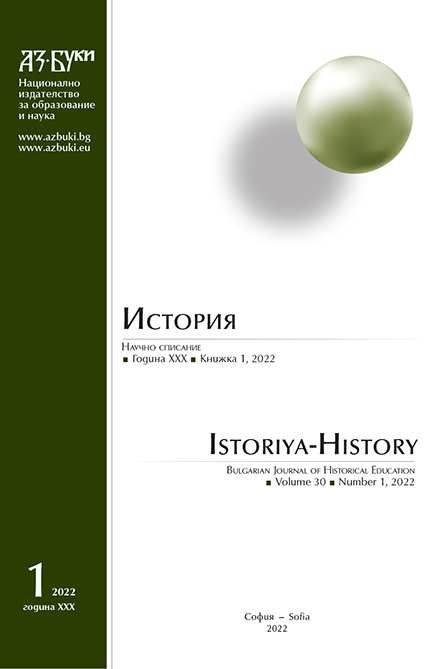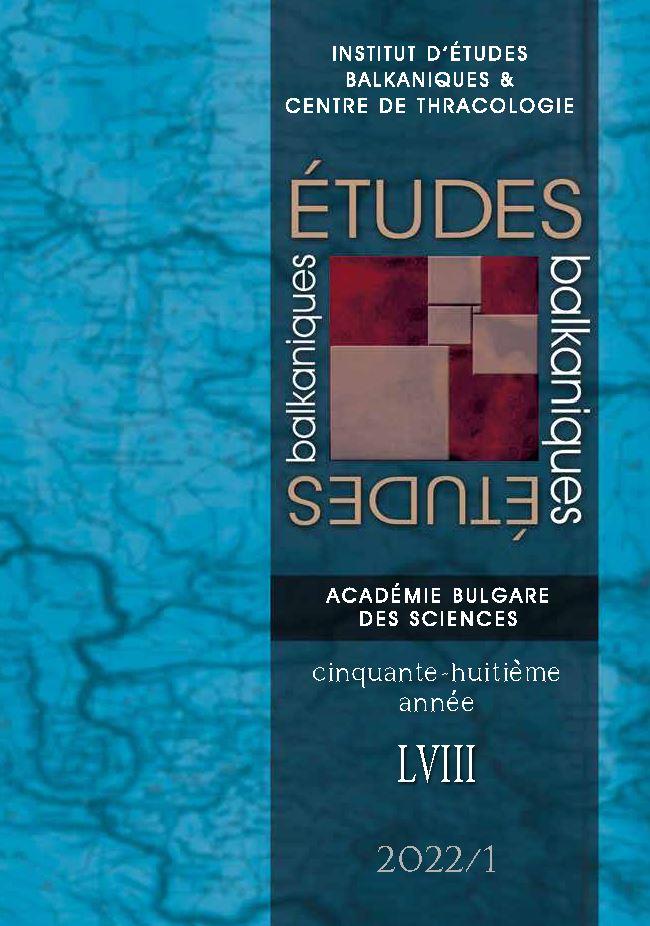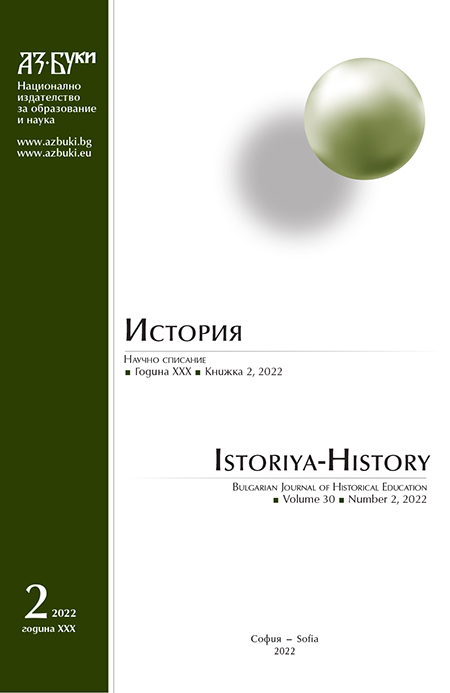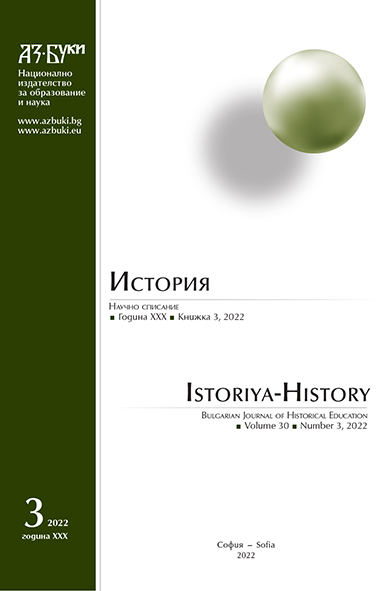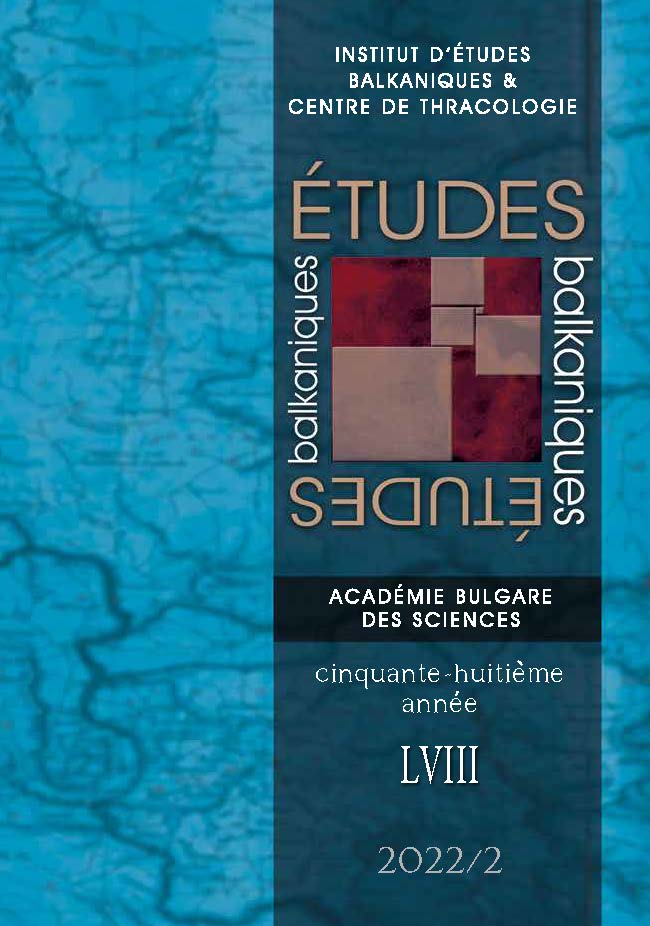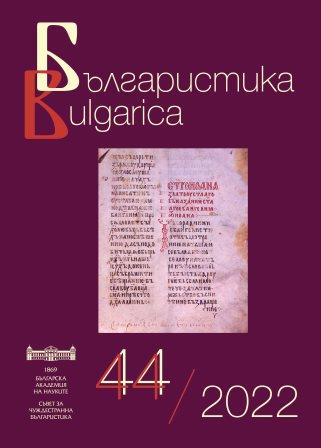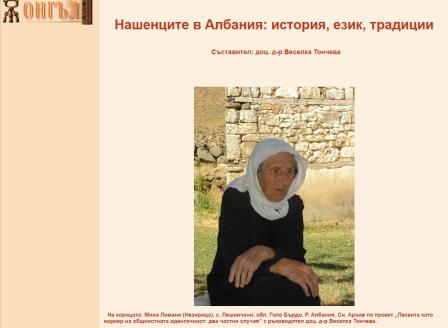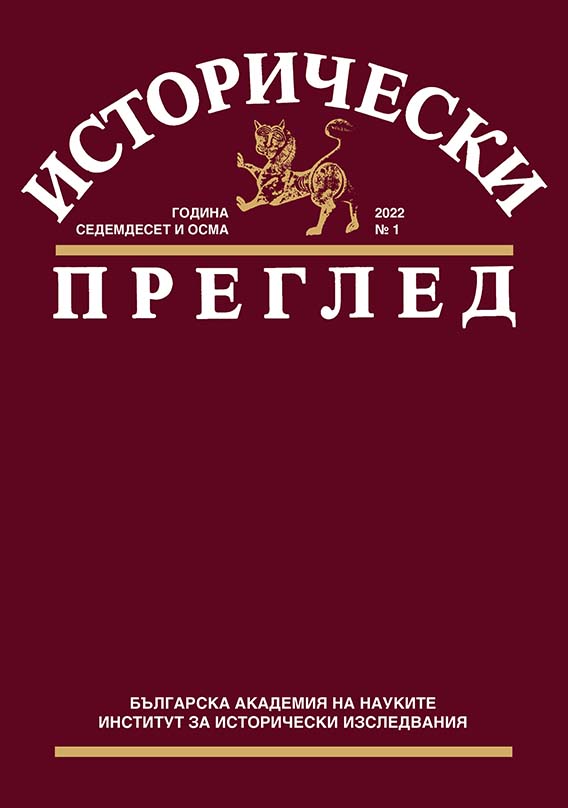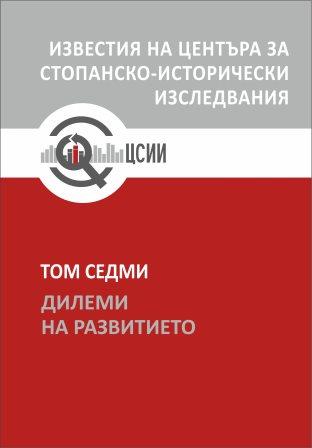Author(s): Lidia Cotovanu / Language(s): French
Issue: 2/2022
My previous research has shown that Orthodox monasteries, as compared to the Catholic Mounts of Piety, were functioning in the logic of medieval banks. For instance, they served as places of deposit through donations of real estate; the surplus of annual revenues was in turn channelled, on the one hand, for the liturgical commemoration of the donor and, on the other hand, for the assistance to the poor. Donors were thus investing in their salvation while contributing to the common good of the Christian community as well. The “Romanian” monasteries dedicated as metochia to the Eastern Patriarchates fell within the same pattern, except for particularities which stemmed from the specific profile of the donors. Most often they and their descendants were Christian subjects of the Ottoman Empire residing in the Romanian lands or they were ruling princes appointed by the Porte and attached to power networks in Constantinople and Rumelia. Consequently, sacred investing went towards the great monasteries located in the places of origin of the donors, that is, under the jurisdiction of the “Greek” Patriarchates. The double goal of donors was first to secure themselves prayers of commemoration in their place of origin, in prestigious and lasting places of worship, and then to protect the “invested” patrimony from the vicissitudes of time. Furthermore, tacitly donations assisted their poor compatriots and maintained the common weal of their native community, which was the Church itself. I have sustained this argument by comparing the practice of the dedication of “Romanian” metochia to the Holy Places of Orthodoxy to the communal evergetism displayed by the members of the Greek community in Venice via the deposit of large sums of money in Venetian banks. Based on this comparison, it appears that the economic activities of the “Greek” monasteries, which administered the metochia acquired north of the Danube, consisted in putting to work the real estate of the metochia through farming, trade, rental, or pawn brokering, just as money produced profit in Venetian banks. All these peculiarities, which characterized the Wallachian and Moldavian churches dedicated to the Greek Patriarchates, i.e., being founded and subsidized by migrants, accommodating travellers, or practicing trade, explain the concentration of the metochia in and near the urban centres of Wallachia and Moldavia, more precisely in proximity to markets and to migrant communities. The present study examines closely this ingenious system put in place by the Greek monks, consisting, on the one hand, of channelling the income from the lands scattered throughout Wallachia and Moldavia to the metochia situated in the towns, which in turn devoted themselves to reinvesting the gains in urban real estate, commercial, and financial affairs and, on the other hand, to attract donations from wealthy migrants and from their descendants concentrated in urban centres.
More...
